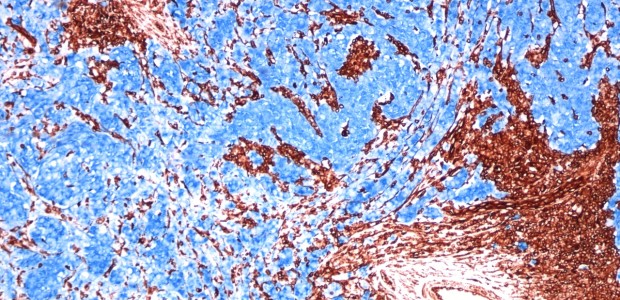All over the world, there are ongoing cancer clinical trials which are providing new insights into some of the most deadly diseases known to human kind. With every successful study, medical researchers are developing better treatments and methods of detection which will be used to save many thousands of lives all over the world.
Forward progress can be slow and requires a tremendous amount of effort, but they are making some very positive steps in a number of different fields. There aren’t many people out there today who have not been touched by cancer in one form or another. For that reason, it is essential that we continue to make forward progress in cancer research. Here are just some of the recent developments that have taken place in clinical trials:
Study Underlines Mutations for Pancreatic Cancer
Pancreatic cancer has the highest mortality rate of all the major types of cancer. Incredibly, the survival rate for pancreatic cancer is one of only a few that has not significantly improved in the last 40 years. Currently, it ranks as the fourth-leading cause of cancer death.
In a new large-scale clinical study, medical researchers have attempted to define the complexity of underlying mutations which were responsible for causing pancreatic cancer in more than 100 study participants.
This analysis represents the first step in Australia’s contribution to the International Cancer Genome Consortium (ICGC). This is an ambitious world-wide project which has brought together some of the planet’s best scientific minds in order to identify the genetic triggers behind 50 different forms of cancer.
Promising Results from Ongoing Breast Cancer Clinical Trials
A malarial drug has been showing promising results when being used to prevent breast cancer before it can get started. Lead investigators on this clinical trial are looking to develop a short-term oral treatment which would be capable of preventing breast cancer by killing the precursory cells responsible for triggering this deadly disease. In the long-run, this is an ambitious goal, but so far the results look quite good.
This is an early-phase PINC clinical trial (Preventing Invasive Neoplasia with Chloroquine) which has primarily been focused on treating ductal carcinoma in situ (DCIS), the most common form of pre-invasive breast cancer. Chloroquine is a drug that has been commonly used in the treatment or prevention of malaria.
Personalized Treatment for Metastatic Breast Cancer
The Mason’s Center for Applied Proteomics and Molecular Medicine (CAPMM) is also conducting a study on breast cancer that is being funded by the Side-Out Foundation. Research teams are working to develop personalized treatments for women whose breast cancer has metastasized.
At this advanced stage, the cancer has spread to other organs, like the brain, liver, and even the bones. This is an extremely dire situation for cancer patients, as their disease will no longer respond to most of the conventional methods of treatment. In fact, 25 of the women who volunteered for this trial had already undergone an unsuccessful bout with standard chemotherapy.
In order to track which drug targets are being successfully activated within each patient’s tumor, the researchers are using technology that was developed by Liotta and Emanuel “Chip” Petricoin III.
The research team has been building on their promise of fully individualized medicine by focusing on the molecular profile of the patients’ metastatic lesions. In the end, they hope to provide physicians and oncologists with more detailed information on the specific mechanisms driving their patients’ tumors, so that they can then select the most appropriate method of treatment for that patient.
Aspirin Therapy for Colorectal Cancer Patients with Gene Mutation
Scientists from the Dana-Farber Cancer Institute, a cancer treatment center in Massachusetts, recently reported that an aspirin therapy could be used to extend the life of colorectal cancer patients that possessed this particular mutation in a key gene. Interestingly, the same aspirin therapy seems to have no effect in cancer patients that do not possess this specific mutation. According to the results, patients that had tumors harboring a mutation in the gene PIK3CA, responded with a significant jump in survival rate following this aspirin therapy.
The results of these clinical trials have been exciting the medical community as they should be exciting for anyone who has been affected by cancer of any form. We as a culture can continue to look towards the future with renewed optimism, as long as these scientists and researchers are able to continue pursuing new research leads and targets.
